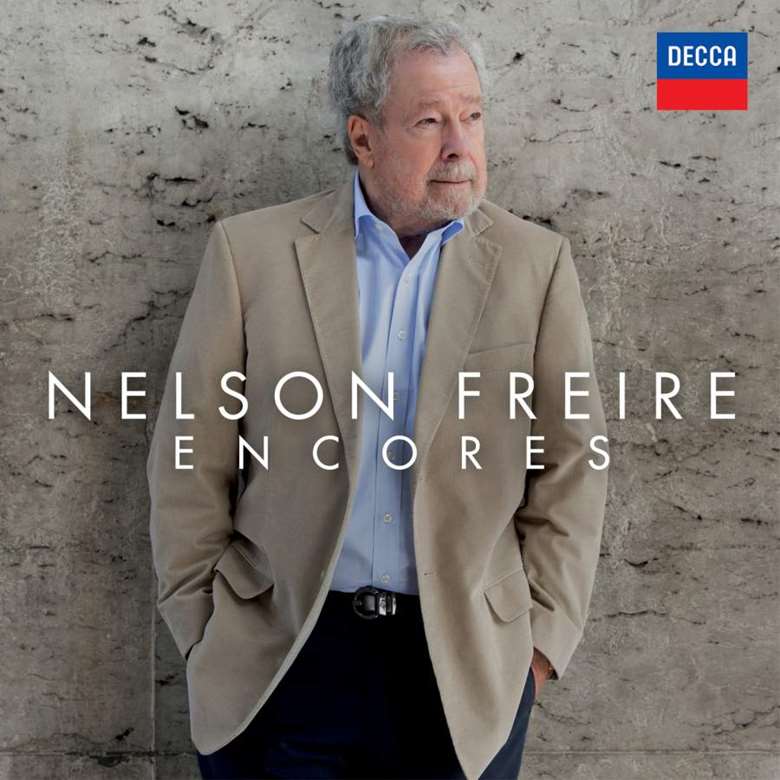Nelson Freire at 75
Gramophone
Friday, October 18, 2019
An interview to mark the great Brazilian pianist's 75th birthday

Register now to continue reading
Thanks for exploring the Gramophone website. Sign up for a free account today to enjoy the following benefits:
- Free access to 3 subscriber-only articles per month
- Unlimited access to our news, podcasts and awards pages
- Free weekly email newsletter








